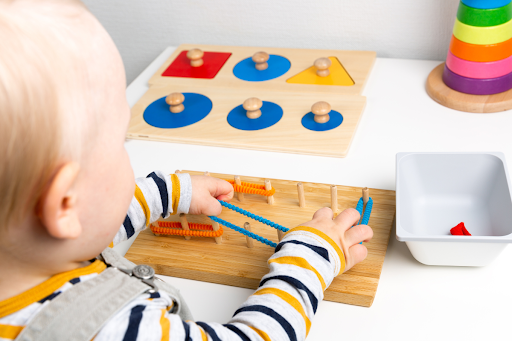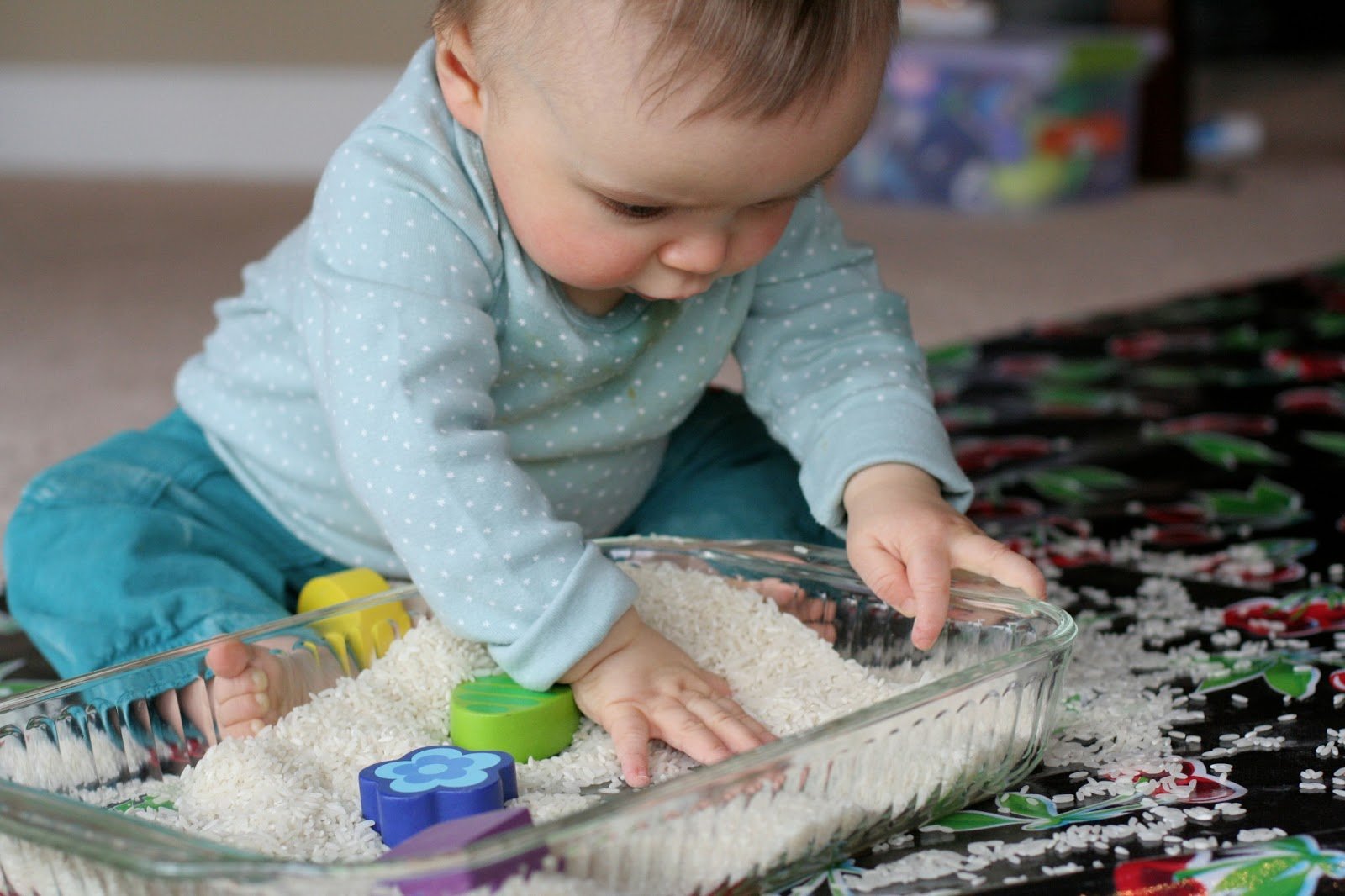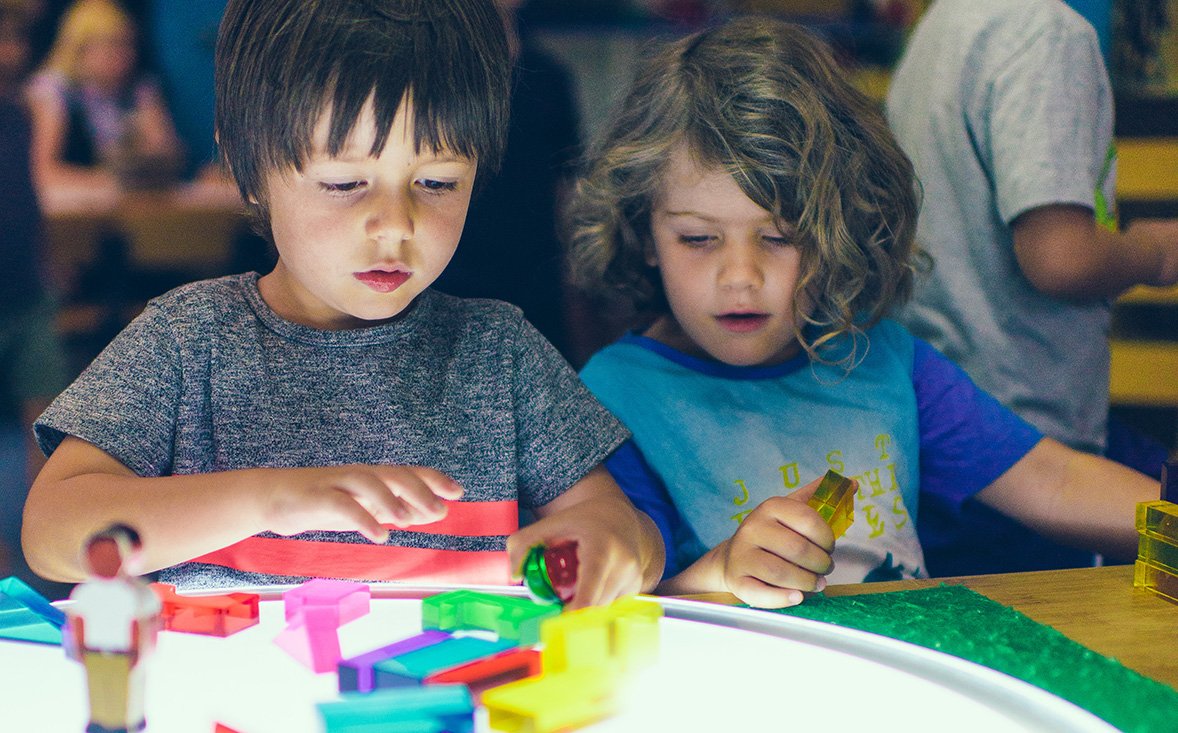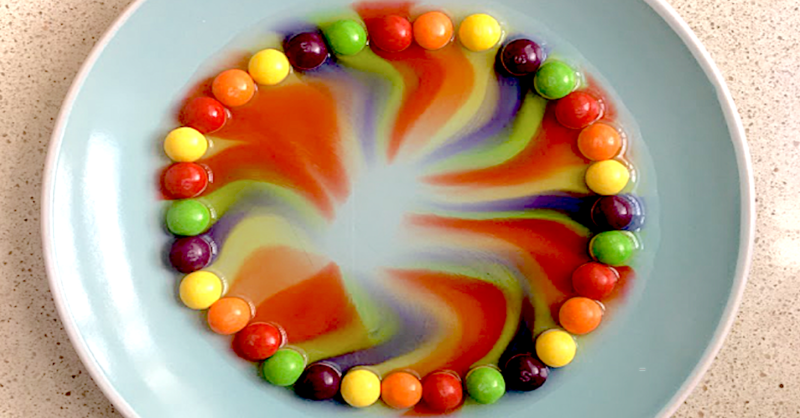Sensory play is an engaging way to help babies explore their environment while building essential skills. Beyond stimulating their senses, these activities play a crucial role in the development of fine motor skills, which involve the coordination of small muscles in the hands, fingers, and wrists.
In this article, we’ll explore how sensory play contributes to motor skill development and share fun, simple activities to support your baby’s growth.
What Are Fine Motor Skills?
Fine motor skills refer to the ability to make precise movements using small muscles, particularly in the hands and fingers. These skills are vital for everyday tasks such as:
- Grasping objects
- Picking up small items
- Holding utensils or crayons
- Buttoning clothes
For babies, developing fine motor skills begins with basic actions like reaching, grabbing, and pinching. Sensory play provides the perfect environment to practice and refine these abilities.
How Sensory Play Promotes Fine Motor Skills
Sensory play incorporates textures, sounds, colors, and movements that encourage babies to use their hands and fingers in various ways. Here’s how it helps:
1. Encourages Hand-Eye Coordination
Activities like stacking blocks, scooping sand, or placing objects in containers teach babies to align their hand movements with what they see.
2. Strengthens Grip
Playing with squishy balls, textured fabrics, or small toys helps babies develop the strength and control needed for gripping.
3. Develops Pinching Skills
Pinching soft dough, peeling stickers, or picking up small items promotes the pincer grasp, an essential fine motor skill.
4. Builds Dexterity
Manipulating objects like beads, buttons, or sensory bottles fosters finger agility and control.
5. Introduces Cause and Effect
Sensory activities, such as squeezing a sponge to release water or shaking a rattle to make noise, teach babies how their movements create results.
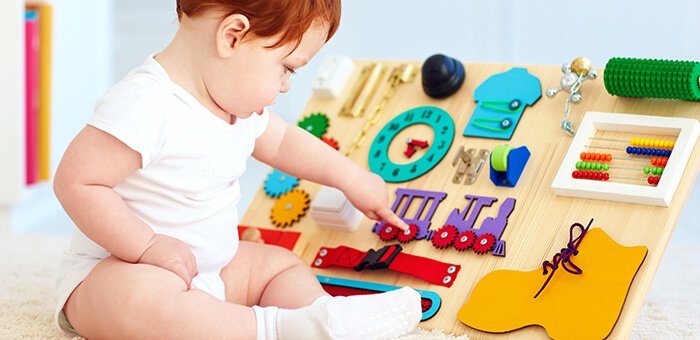
Sensory Play Ideas for Developing Fine Motor Skills
1. Textured Play Mats
- Why They Help: Encourage babies to crawl, grasp, and explore with their hands.
- Tip: Choose mats with various textures like soft, bumpy, or crinkly surfaces.
2. Finger Painting
- Why It’s Great: Allows babies to explore different textures while practicing finger movements.
- Safety Tip: Use non-toxic, edible finger paints for younger babies.
3. Water Play
- What to Do: Provide sponges, cups, and floating toys. Let your baby squeeze, scoop, and splash.
- Benefits: Strengthens grip and introduces cause-and-effect learning.
4. Sensory Bottles
- DIY Idea: Fill clear plastic bottles with colorful beads, glitter, or rice.
- Benefits: Encourage shaking, rolling, and grasping motions.
5. Play Dough Fun
- What to Do: Let your baby squish, roll, and flatten play dough.
- Developmental Focus: Builds hand strength and improves finger control.
6. Treasure Basket Exploration
- How It Works: Fill a basket with baby-safe objects of different textures (e.g., soft cloths, wooden spoons, rubber balls).
- Purpose: Encourages grasping and exploring with varied hand movements.
7. Stacking and Sorting
- Activities: Use stacking cups, wooden blocks, or rings.
- Motor Skills: Develops coordination and grip strength.
Tips for Successful Sensory Play
- Supervise Always: Ensure your baby plays safely, especially with small or breakable items.
- Keep It Simple: Start with basic activities and build complexity as your baby grows.
- Incorporate Variety: Rotate toys and textures to keep playtime fresh and engaging.
- Focus on Fun: Let your baby explore at their own pace without strict rules.
How to Measure Progress
Look for these milestones as your baby develops fine motor skills through sensory play:
- 3–6 Months: Grasping and holding objects.
- 6–9 Months: Passing items between hands and pinching smaller objects.
- 9–12 Months: Stacking blocks or using toys with more precision.
Conclusion
Sensory play is a powerful tool for nurturing your baby’s fine motor skills while keeping them entertained. From simple activities like water play to creative tasks like finger painting, these exercises lay the groundwork for skills they’ll use throughout their lives.
Incorporate sensory play into your daily routine to support your baby’s development, strengthen your bond, and create joyful memories together.






